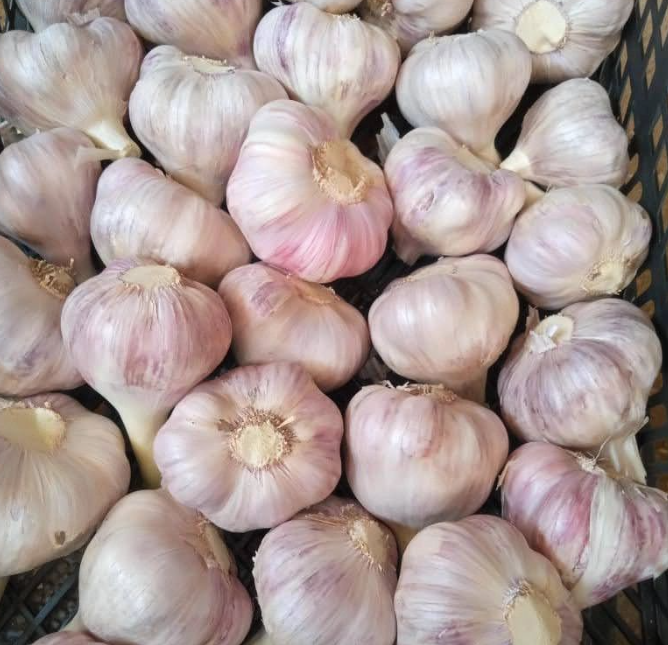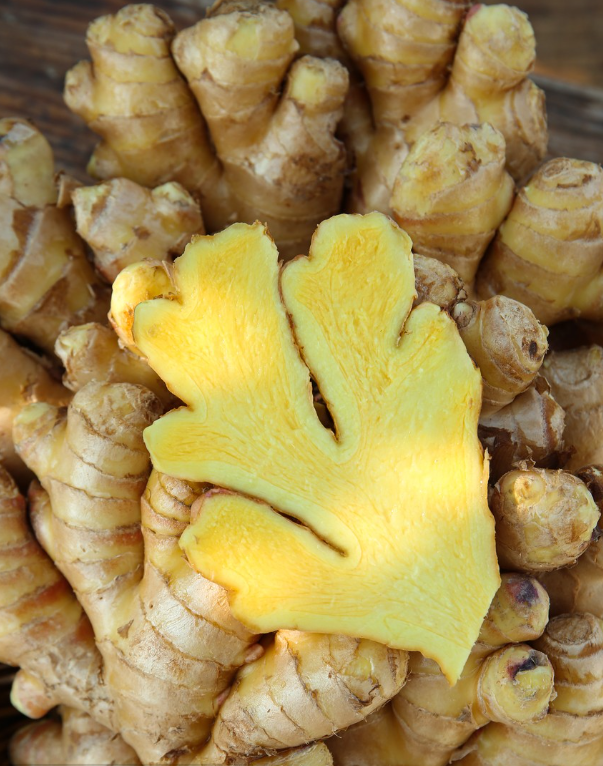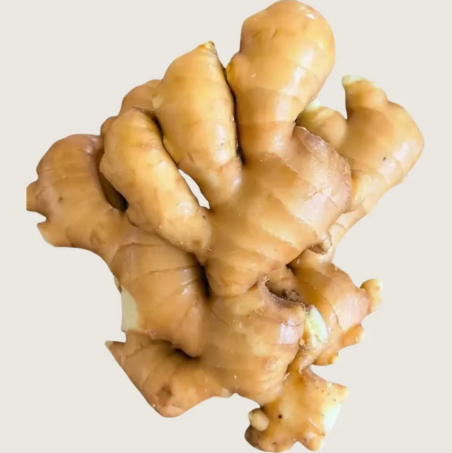
Ginger is not only a common spice but also a treasure trove of nutrition. It is rich in various active ingredients, including gingerol, shogaol, and zingerone. According to a study published in the Journal of Food Science, gingerol, the main pungent compound in ginger, has anti - inflammatory, antioxidant, and antibacterial properties. These properties not only enhance the health benefits of food but also contribute to its unique flavor.

In the world of baking, ginger can work wonders. Adding fresh ginger to dough can infuse a warm, spicy flavor. For example, in gingerbread cookies, the combination of ginger, cinnamon, and cloves creates a classic and irresistible aroma. One study found that using about 1 - 2 tablespoons of freshly grated ginger per pound of dough can significantly enhance the flavor without overpowering other ingredients.
Another approach is to use ginger juice. It can be added to batters for cakes or muffins, providing a more subtle and well - distributed flavor. When making a ginger - flavored cheesecake, incorporating 2 - 3 teaspoons of ginger juice into the cheese mixture can give the dessert a refreshing and spicy kick.
Ginger has long been used in traditional medicine and is now a popular ingredient in healthy drinks. Ginger tea, for instance, is known for its ability to soothe an upset stomach. A cup of ginger tea made with 10 grams of fresh ginger can provide relief from nausea and indigestion in about 30 minutes, according to a clinical trial.
In functional foods, ginger can be added to yogurt, smoothies, or energy bars. Adding 5 - 10 grams of ginger powder to a yogurt cup can not only enhance the taste but also boost the nutritional value, making it a more appealing option for health - conscious consumers.

Ginger essential oil can be extracted through steam distillation. To extract ginger essential oil at home, you can use about 500 grams of fresh ginger. After distillation, you can obtain approximately 5 - 10 milliliters of essential oil.
This essential oil has many health - care uses. It can be used in aromatherapy to relieve stress and fatigue. In a study, participants who inhaled ginger essential oil for 15 minutes reported a 20% reduction in stress levels.
A well - known bakery introduced ginger - flavored donuts, which became an instant hit. By using a unique blend of ginger and honey glazes, they attracted a large number of customers. Another example is a health food company that added ginger extract to its protein shakes, increasing sales by 15% within a month.
For innovative applications, you can try combining ginger with unexpected ingredients. For example, creating a ginger - strawberry sorbet can offer a unique taste experience that combines the spiciness of ginger with the sweetness of strawberries.

Q: Can I use dried ginger instead of fresh ginger in baking?
A: Yes, you can. However, the flavor intensity is different. Generally, 1 teaspoon of dried ginger is equivalent to about 1 tablespoon of fresh ginger.
Q: Is ginger essential oil safe for direct skin application?
A: It is recommended to dilute ginger essential oil with a carrier oil like coconut oil or jojoba oil before applying it to the skin to avoid irritation.
Explore the endless possibilities of ginger in your food creations! Discover more about ginger's diverse applications by clicking here.